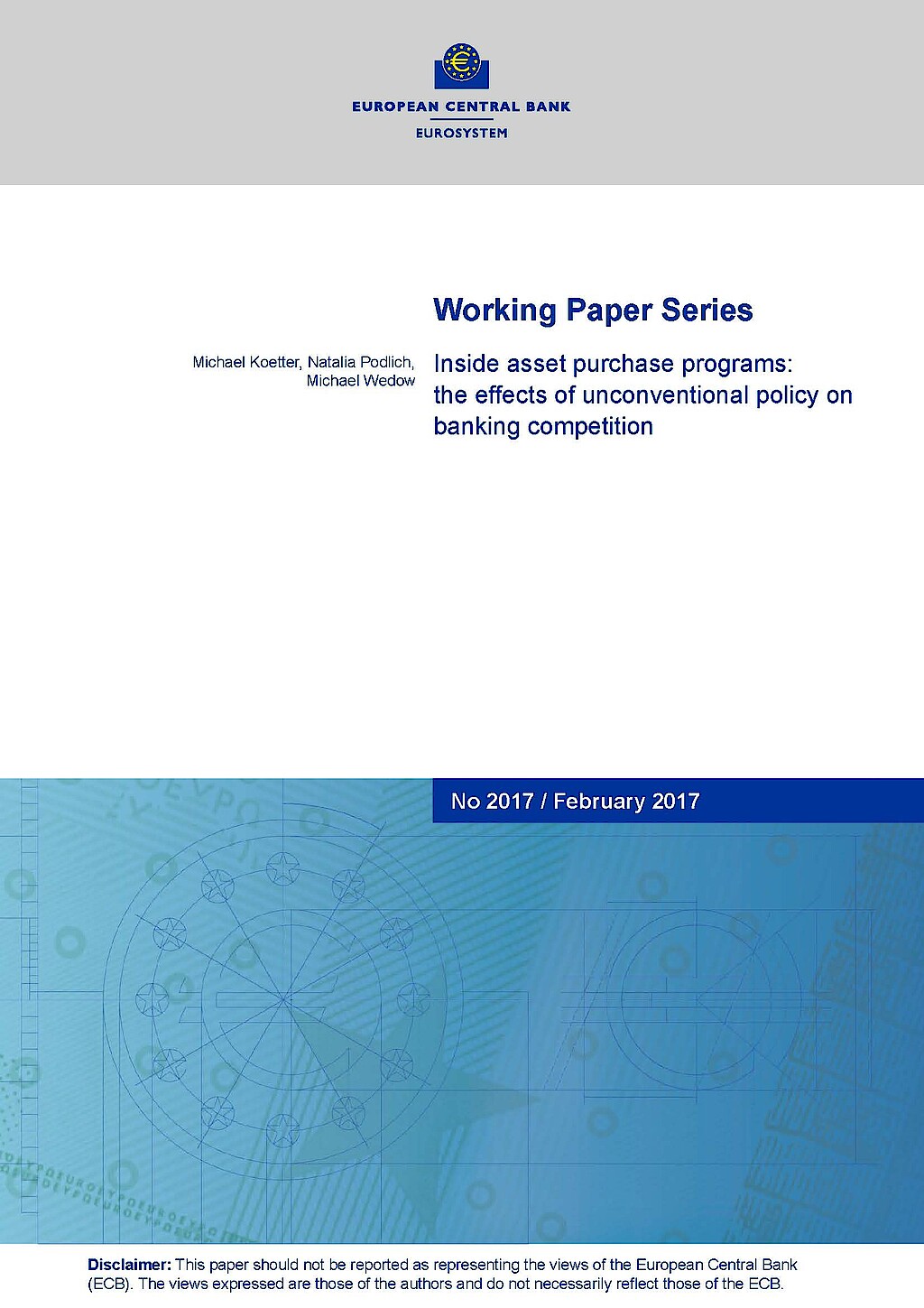
Banks Credit and Productivity Growth
Financial institutions are key to allocate capital to its most productive uses. In order to examine the relationship between productivity and bank credit in the context of different financial market set-ups, we introduce a model of overlapping generations of entrepreneurs under complete and incomplete credit markets. Then, we exploit firm-level data for France, Germany and Italy to explore the relation between bank credit and productivity following the main derivations of the model. We estimate an extended set of elasticities of bank credit with respect to a series of productivity measures of firms. We focus not only on the elasticity between bank credit and productivity during the same year, but also on the elasticity between credit and future realised productivity. Our estimates show a clear Eurozone core-periphery divide, the elasticities between credit and productivity estimated in France and Germany are consistent with complete markets, whereas in Italy they are consistent with incomplete markets. The implication is that in Italy firms turn to be constrained in their long-term investments and bank credit is allocated less efficiently than in France and Germany. Hence capital misallocation by banks can be a key driver of the long-standing slow productivity growth that characterises Italy and other periphery countries.





